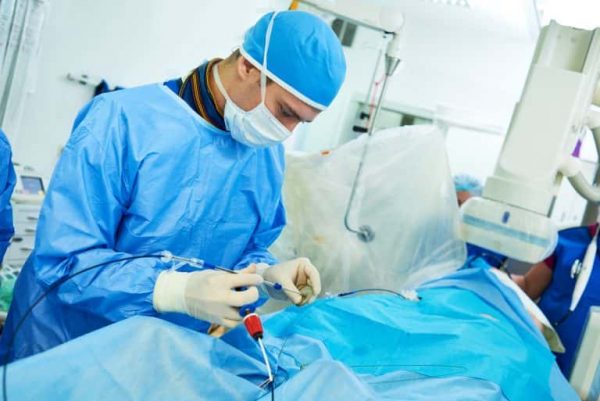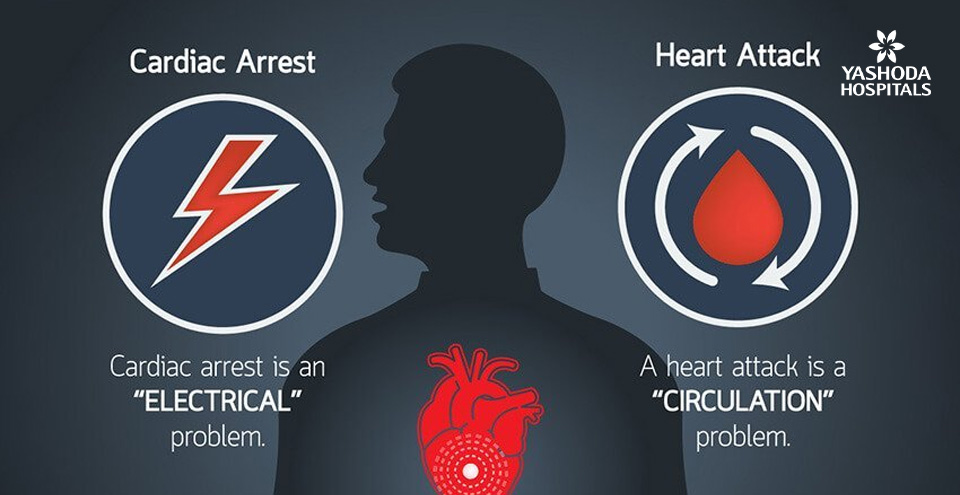Heart Attack and Angioplasty
Quick action can save a life
What would you like to know?
What is heart attack?
Heart attack, medically called myocardial infarction, is a serious heart condition wherein the blood flow to the heart gets blocked. Chest pain due to partial blockage of blood flow, commonly called angina, is a warning sign of a more severe heart attack, if left untreated. Complete blockage of blood flow due to a blood clot may cause serious results, including death.






 Appointment
Appointment WhatsApp
WhatsApp Call
Call More
More

